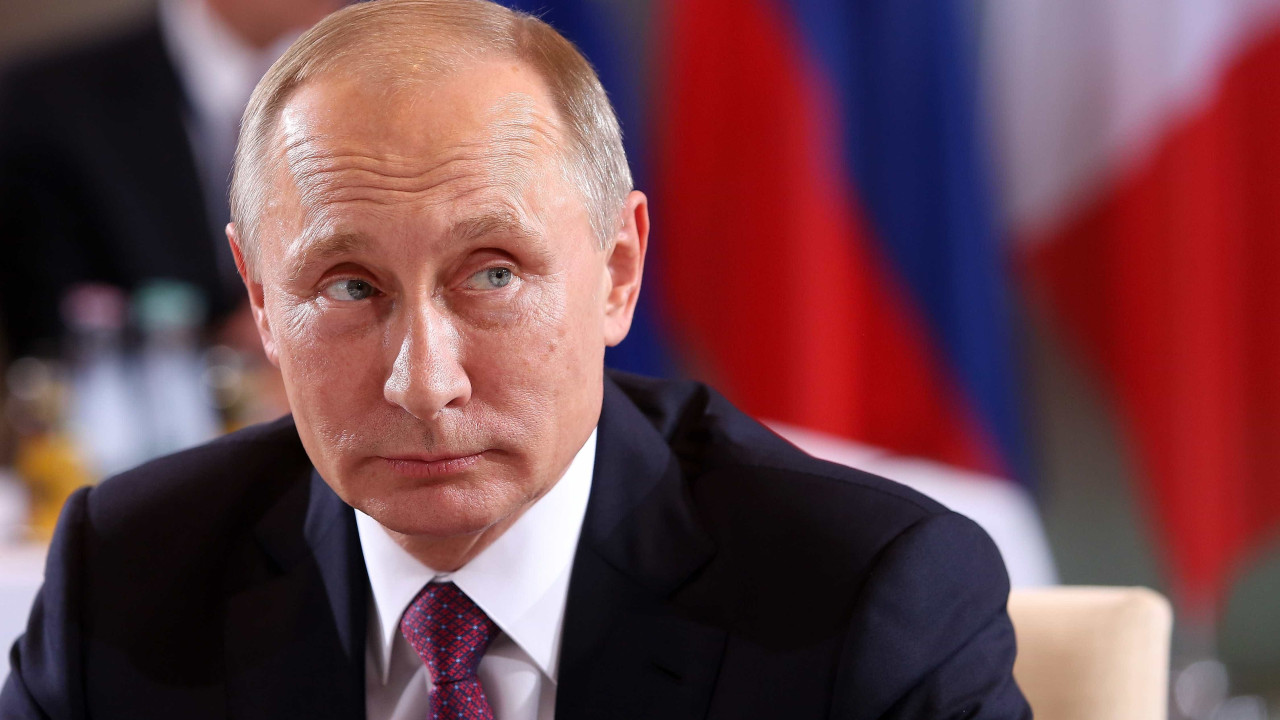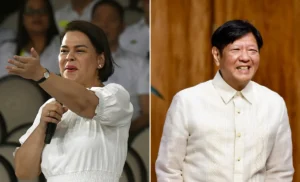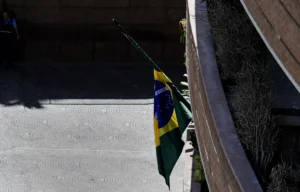
A President of the Federation Council, Valentina Matvienko, said that the decision to schedule the presidential elections for March 17 next year was taken unanimously by the senators.
The official indicated that “this decision practically begins the presidential campaign.”
Vladimir Putin, 71, has not yet announced his intention to run again, but is expected to do so in the coming days, now that the date has been set.
Under constitutional reforms, Putin is eligible to run for two more six-year terms.
According to AP, the Russian President has established tight control over the political system and, therefore, his victory in the March elections is practically guaranteed. Prominent critics who could face him at the polls are in prison or living abroad and most independent media outlets have been banned in the country.
Neither the costly and prolonged war in Ukraine nor last summer’s failed rebellion by mercenary Yevgeny Prigozhin appear to have affected his high approval ratings, as indicated by independent pollsters.
In a statement, opposition leader Alexei Navalny – who is in prison – urged his supporters to vote for anyone but Putin.
“Putin sees these elections as a referendum for the approval of his actions. A referendum for the approval of war. We are going to disrupt his plans, we are going to make this happen so that no one on March 17th is interested in the fraudulent result, but that everyone Russia sees and understands: the majority’s will is for Putin to leave,” Navalny said in the statement.
Two people have announced plans to run: former parliamentarian Boris Nadezhdin, who sits on a city council in the Moscow region, and Yekaterina Duntsova, a journalist and lawyer from the Tver region, north of Moscow, who previously served in a local legislature.
Allies of Igor Strelkov, a hard-line nationalist who was arrested after accusing Putin of weakness and indecision in Ukraine, cited his ambitions to run as well, but accusations of extremism by Russian authorities made his candidacy unlikely.
For Nadezhdin and Duntsova, getting to the polls could be an uphill battle. Unless one of the five political parties sitting in the Lower House (Duma) nominates them as its candidate, they will have to collect tens of thousands of signatures in several regions.
According to Russian electoral laws, candidates nominated by a party that is not represented in the Duma or at least one-third of regional legislatures must present at least 100,000 signatures from 40 or more regions. Those running independently of any party would need a minimum of 300,000 signatures from 40 regions or more.
These requirements also apply to Putin, who has used different tactics over the years. The Russian head of state ran as an independent in 2018 and his campaign gathered signatures. In 2012, he ran as a candidate for the United Russia party, so there was no need to collect signatures.
The Russian electoral commission also plans online voting, in addition to traditional paper ballots, in around 30 Russian regions and is considering extending voting by three days — a practice that was adopted during the pandemic and widely criticized by observers independent voters.
[Notícia atualizada às 12h59]
Read Also: EU and China meet again at the highest level to discuss relations
All News. By the Minute.
Seventh consecutive year Consumer Choice for Online Press.
Download our free App.
Source: https://www.noticiasaominuto.com/mundo/2456534/eleicoes-presidenciais-na-russia-marcadas-para-17-de-marco-de-2024


